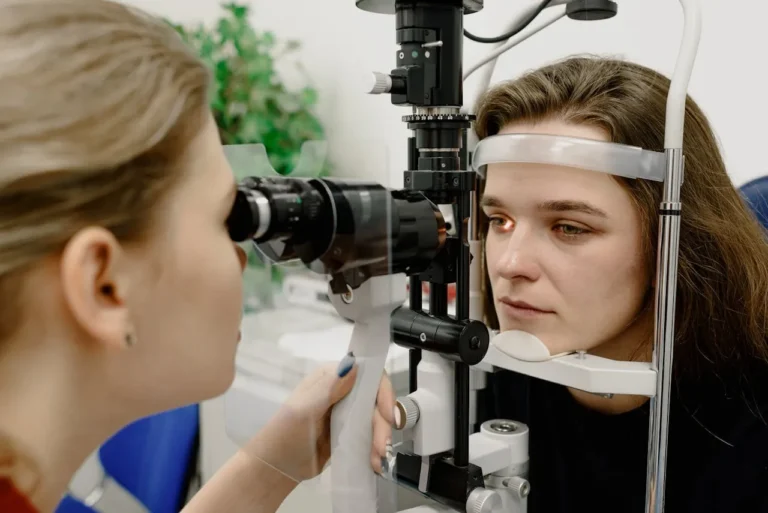
Merck (NYSE: MRK), known as MSD outside of the United States and Canada, today announced that the Phase 3 KEYNOTE-564 trial evaluating KEYTRUDA, Merck’s anti-PD-1 therapy, met its key secondary endpoint of overall survival (OS), for the adjuvant treatment of patients with renal cell carcinoma (RCC) at intermediate-high or high risk of recurrence following nephrectomy, or following nephrectomy and resection of metastatic lesions. At a pre-specified interim analysis review conducted by an independent Data Monitoring Committee, KEYTRUDA demonstrated a statistically significant and clinically meaningful improvement in OS compared to placebo. The safety profile of KEYTRUDA was consistent with that observed in previously reported studies; no new safety signals were observed. Results will be presented at an upcoming medical meeting and submitted to regulatory authorities. This is the second study of KEYTRUDA in an earlier stage of cancer to demonstrate an overall survival benefit, following the recent presentation of OS data in earlier stages (stages II, IIIA or IIIB) of non-small cell lung cancer from KEYNOTE-671 at the European Society for Medical Oncology (ESMO) Congress 2023.
“As we continue to evaluate the potential of KEYTRUDA in earlier stages of disease across multiple types of cancer, we hope to reduce disease recurrence and ultimately, improve overall survival outcomes,” said Dr. Marjorie Green, senior vice president and head of late-stage oncology, global clinical development, Merck Research Laboratories. “These new results from KEYNOTE-564 are notable and mark the first time a therapy has demonstrated a statistically significant survival benefit compared to placebo in patients with RCC at a higher risk of recurrence following surgery, building on the positive disease-free survival findings from this study that led to approvals around the world for this KEYTRUDA-based regimen.”
As previously reported, at an earlier pre-specified interim analysis with a median follow-up of 23.9 months, KEYNOTE-564 met its primary endpoint of disease-free survival (DFS), reducing the risk of disease recurrence or death by 32% (HR=0.68 [95% CI, 0.53-0.87]; p=0.0010) compared to placebo. These DFS results, which were first presented at the 2021 American Society of Clinical Oncology Annual Meeting, supported the approvals of KEYTRUDA for the adjuvant treatment of patients with RCC in the U.S., the European Union, Japan and other countries worldwide.
Merck has a broad clinical development program in RCC, exploring KEYTRUDA, as monotherapy or in combination, as well as several other investigational and approved medicines, such as WELIREG® (belzutifan), Merck’s oral hypoxia-inducible factor-2 alpha (HIF-2α) inhibitor, across multiple settings, including adjuvant and advanced disease.
Source link : https://www.merck.com/




